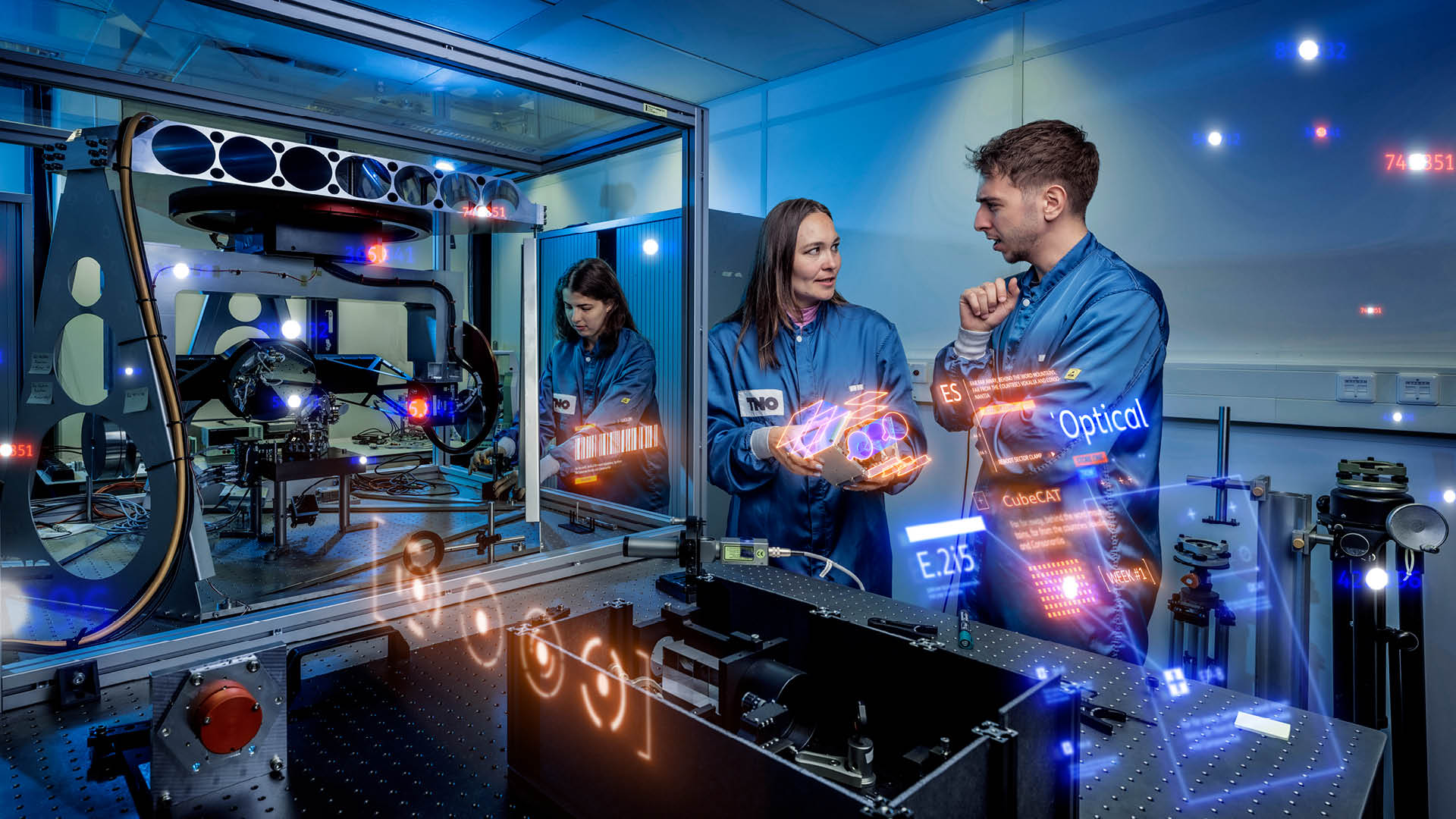Enhancing Hydrogen Infrastructure Resilience in Europe's Largest Industrial Cluster
Key Ideas
- A detailed hourly-based model of the hydrogen network in Belgium, the Netherlands, and Germany revealed vulnerabilities in infrastructure resilience, necessitating additional investments in storage and connections.
- Recommendations from TNO, Arcadis, and partners include timely connections, accelerated underground storage development, and flexible port solutions to ensure a reliable hydrogen supply chain.
- Collaboration among industry players like BP, Shell, and others, supported by government initiatives, is crucial for advancing Europe's hydrogen infrastructure towards a sustainable future.
- The HY3+ project offers system-level insights for enhancing hydrogen infrastructure resilience, emphasizing shared infrastructure, system efficiency, and integrated network functions.
A joint project by TNO and Arcadis, the HY3+ study addressed the hydrogen network complexities in Belgium, the Netherlands, and Germany, focusing on the region with the largest industrial cluster in Europe. The analysis highlighted potential imbalances and vulnerabilities in the planned infrastructure due to seasonal variations, storage constraints, and delays in development. Lennert Buijs, the project lead, emphasized the need for added flexibility like ammonia cracking or tank storage to prevent disruptions in supply-demand dynamics.
Key recommendations include ensuring physical connections between production, storage, and demand, expediting underground storage development near industrial hubs, and aligning regulations across borders for an integrated network. Florian van Keulen underscored the importance of collaboration, system efficiency, and shared infrastructure for a successful hydrogen economy.
The collaboration involved industry giants like BP, Shell, and Gasunie, supported by government entities. The report, accessible to the public, aims to guide policy development and strategic planning for Europe's hydrogen infrastructure. TNO contributed scientific modeling expertise, while Arcadis brought technical design and regulatory framework knowledge.
In conclusion, the HY3+ project highlights the significance of a resilient hydrogen infrastructure, advocating for collaborative efforts and efficient system design to drive the transition towards a sustainable energy future.
Topics
Cities
Energy Transition
Collaboration
Policy Development
Strategic Planning
System Efficiency
Industrial Clusters
Latest News
